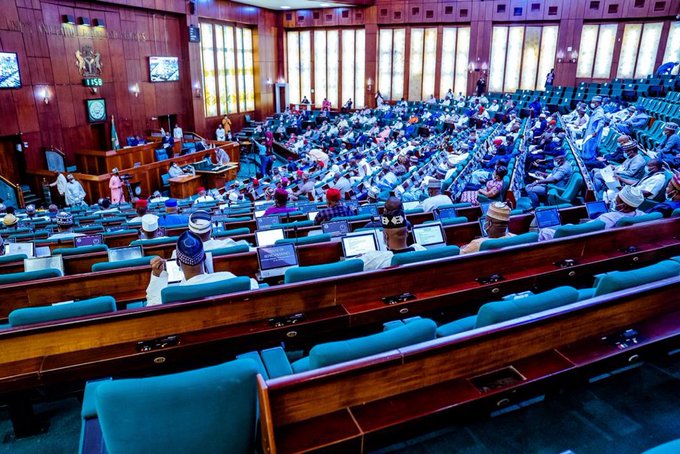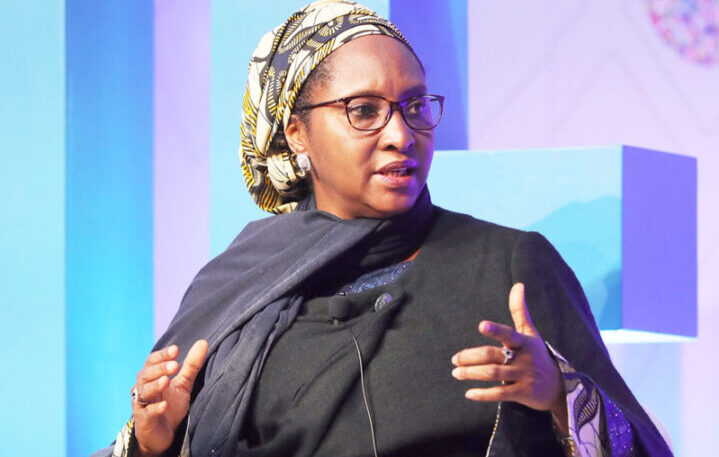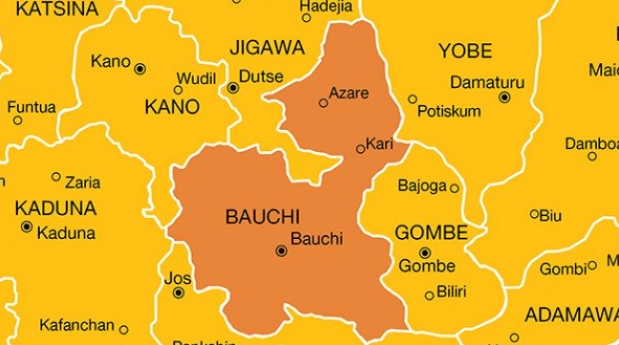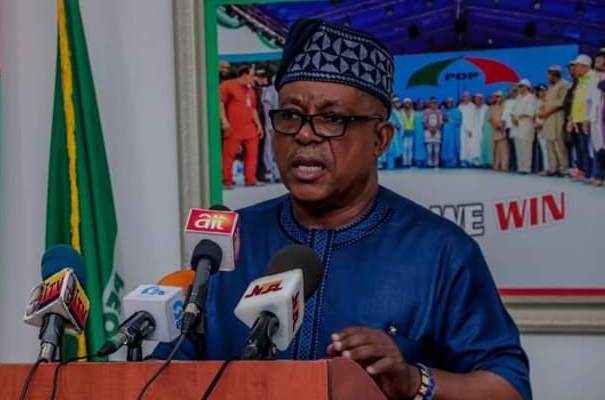A bill seeking to reserve five percent of all revenues accruing to power generating companies (GenCos) in Nigeria for the development of host communities, has passed second reading at the house of representatives.
The proposed legislation seeks to amend the electric power sector reforms act of 2005 by creating a new section 77 that will address the effects of thermal pollution on host communities.
Thermal pollution relates to the discharge from power generation equipment, and it affects living organisms — such as those in rivers or other water bodies — within such environments.
“The adverse effects on the environment, human and aquatic lives on the communities hosting the power generating stations all over the country, particularly thermal pollution from the power generating stations are, hereby, recognised under this act,” Section 77(1) of the proposed legislation reads.
Advertisement
“(2) Without prejudice to any existing right or rights that may be accruing to host communities under this act or any other enactment, five percent of the revenue accruing from power generated by the various power generating companies in Nigeria shall be set aside for the development of the respective host communities.”
Leading the debate during plenary session on Wednesday, Babajimi Benson from Lagos said power generation, transmission, and distribution produce harmful environmental and health challenges for host communities.
“The electricity sector is unique among industrial sectors in its very large contribution to emissions associated with nearly all climatic and health issues,” he said.
Advertisement
“Power plants also require access roads, railroads and pipelines for fuel delivery, as well as electricity transmission lines and cooling water supplies which could lead to soil erosion, deforestation, and water pollution from their construction work.
“This destabilises the livelihood of the communities hosting them and also lead to water and soil contamination from waste and byproducts.
“The electricity sector is known to have significant impact on water habitat and species. Power generation leads to the destruction of aquatic life and consequently the disruption of sources of livelihood for host communities, especially the fishing communities.
“Hydro power generation causes significant dislocation in the lives of people where the reservoirs are installed and often lead to flooding, and disruption of aquatic ecosystems. Water diversion or impoundment also affects people as well as plants and wildlife that depend on their access in certain locations.”
Advertisement
The lawmaker said when passed into law, the bill will help to remedy the “untold hardship and infrastructural degradation” suffered by communities hosting power generating firms as a results of their industrial activities.
Benson said just as five percent is allocated to host communities in the Petroleum Industry Bill (PIB), a similar provision for communities hosting generating companies “will engender equity, fairness and even development in similar communities across Nigeria”.
Contributing to the debate, Idris Wase, deputy speaker of the house, said more legislative work should be done on the bill so as not to duplicate existing laws.
The lawmakers unanimously voted in favour of the bill when it was put to a voice vote by Femi Gbajabiamila.
Advertisement






